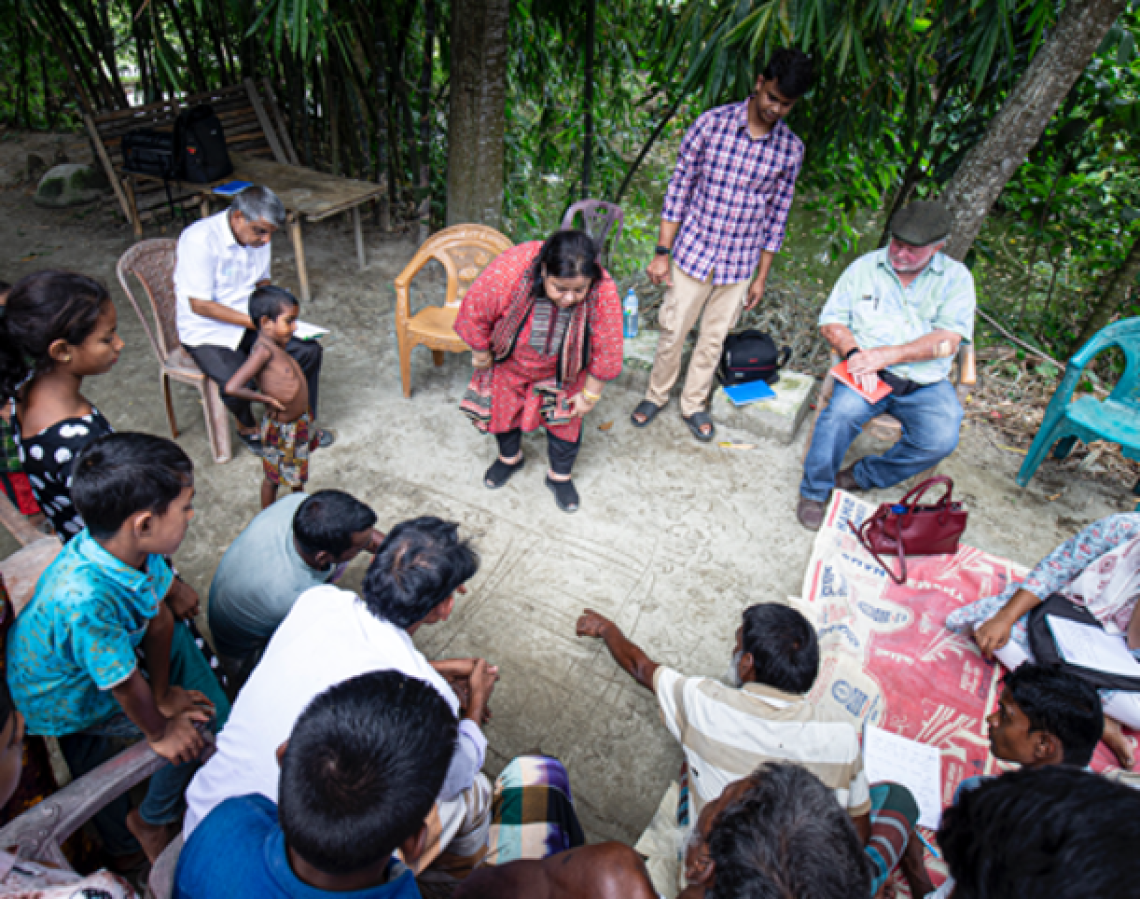
Many resilience-building programs organize and implement interventions following a logic of sequencing, layering, and integration (SLI), often with an emphasis placed on strategies that empower women. However, a lack of evidence on SLI configurations that best achieve resilience outcomes (e.g. food security) limits the efficacy of resilience programming, lowers the long-term benefits of the investments, and undermines the local livelihood goals of the programs. Additionally, while resilience thinking remains focused on external shocks and material well-being, recent theoretical and applied research suggests power relationships, meaning, and access influence the outcomes of external shocks. This project addresses key knowledge gaps in resilience through the lens of SLI and women’s empowerment as they have pertained to the SHOUHARDO programming in the Char and Haor areas in central-north Bangladesh. This project is funded by the Implementer-Led Design, Evidence, Analysis and Learning (IDEAL) activity through USAID. Partners include CARE-Bangladesh.
Project Point of Contact: Timothy Finan, finan@arizona.edu

